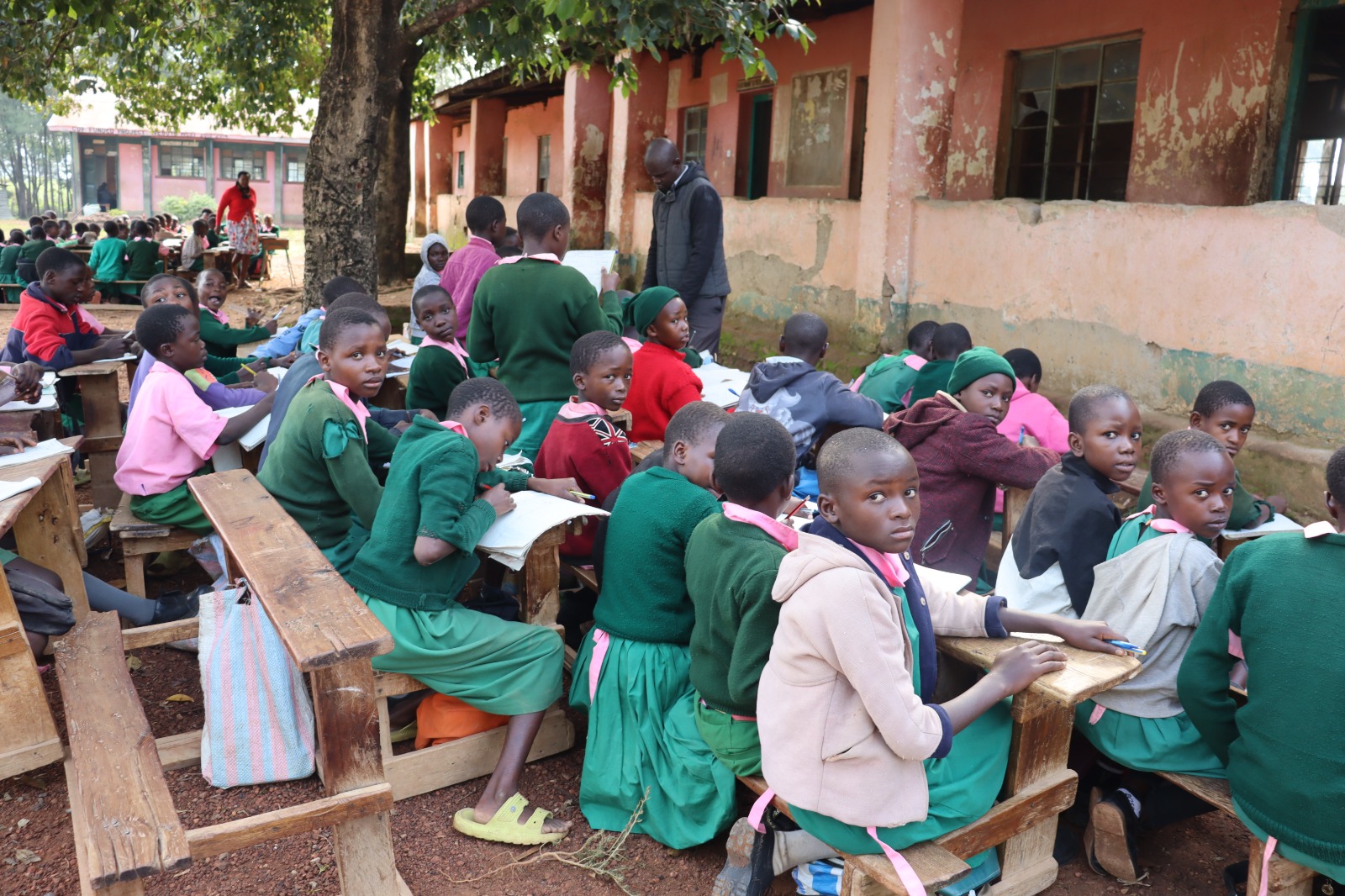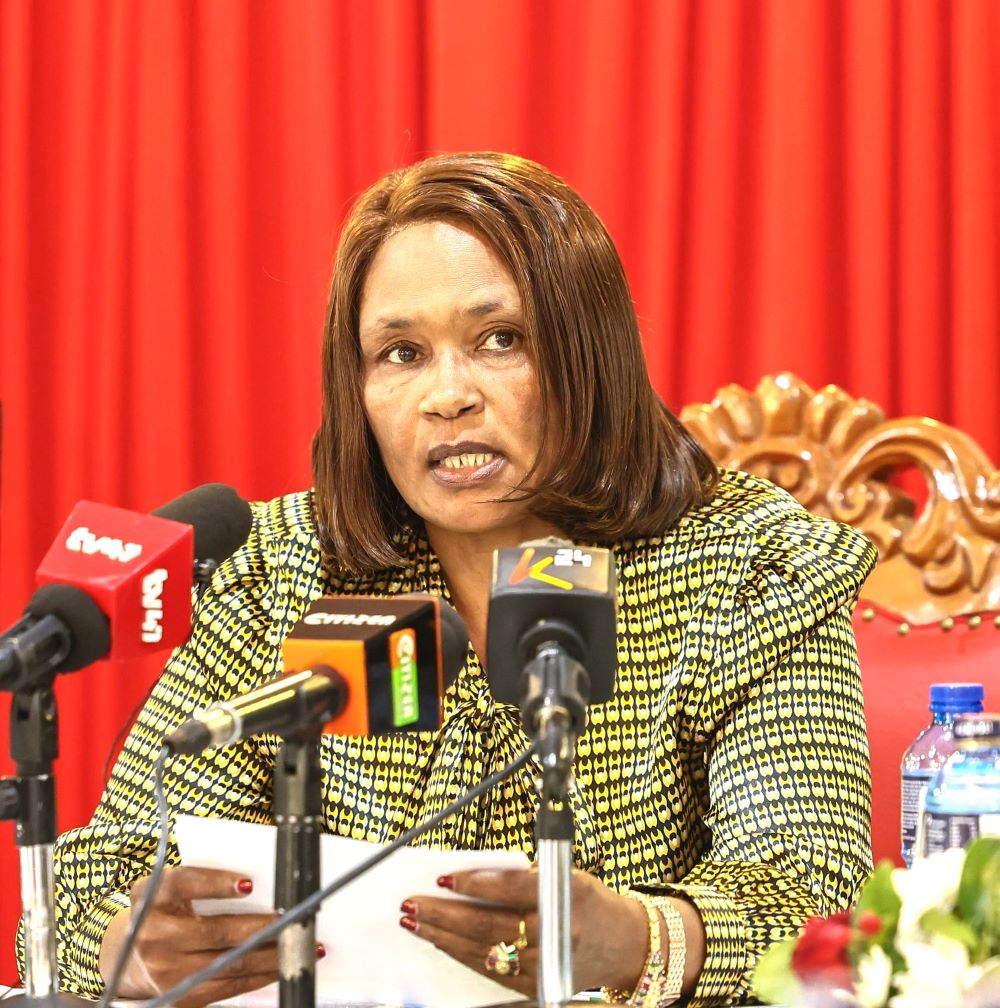Albert Ojwang’s death is one too many. His name now joins a long, sorrowful list of Kenyans who have died in the custody of institutions meant to protect, reform, or offer justice. His case, like others before it, has ignited nationwide outrage, sparking social media campaigns, columns in newspapers, and cries from the streets and pulpits.
But tweets and tributes alone are not enough. The death of any Kenyan in a custodial institution is a national shame that calls for more than mourning. It demands action—deliberate, bold, and sustained. The time has come for Kenya to draw a red line. We must put to a dead end to these macabre killings. Enough is enough.
The circumstances surrounding Ojwang’s death are not unique. That is what makes the tragedy even more chilling. Over the years, stories of suspects, inmates, and detainees dying under suspicious circumstances while in police cells or prison facilities have become distressingly common. And the explanations, when given, often follow a familiar script—alleged illness, suicide, or injuries inflicted by “fellow inmates.” Rarely are those explanations challenged or followed by meaningful investigations. Rarely are officers held to account.
In most cases, the families of the victims are left to deal with grief, trauma, and a cruel silence from the system. Meanwhile, the public gradually forgets – until the next name trends on X, formerly Twitter.
But we cannot allow ourselves to forget. Albert Ojwang was someone’s son, someone’s friend, a Kenyan citizen with rights protected by the Constitution. His death is not just a personal loss; it is a national failure. When a Kenyan dies in the custody of the State, that death must weigh heavily on the conscience of the nation. It must provoke more than momentary outrage. It must lead us to interrogate the very fabric of our justice and law enforcement system.
Custodial institutions are not designed to be torture chambers. They are not meant to strip individuals of their humanity. Whether one is in a police cell awaiting charges, in remand awaiting trial, or serving a sentence in prison, the State has a non-negotiable obligation to ensure their safety, dignity, and life. The Constitution of Kenya is clear: every person has the right to life, the right to dignity, and the right to be free from torture and cruel treatment. These rights do not cease when a person is arrested or convicted. They become even more sacred, as the State assumes full responsibility for that individual’s well-being.
READ ALSO:
Yet, for too long, we have normalised cruelty in our custodial spaces. We have turned a blind eye to the cries of the incarcerated. We have accepted unofficial punishments – beatings, solitary confinement, denial of medical care—as part of the “correctional experience.” This mentality is not only unjust; it is dangerous. It creates a culture of impunity where officers feel emboldened to abuse their power without fear of consequences. It allows rogue individuals within the system to take lives and cover their tracks. And it sends a chilling message to the public: that under the right (or wrong) conditions, your life too could be dispensable.
We must disrupt this culture, and it begins with accountability. Every death in custody must be treated as a potential crime scene, not merely a bureaucratic inconvenience. Independent investigations must be mandatory, swift, and transparent. Families must be informed, allowed access, and given the support they need to seek justice.
The Independent Policing Oversight Authority (IPOA), the Kenya National Commission on Human Rights (KNCHR), and other oversight bodies must be adequately funded, legally empowered, and protected from political interference. They must not only respond to abuses but also work proactively to audit and reform the system.
Police and prison reforms must go beyond policy papers. They must be felt at the grassroots. Training on human rights must be reinforced with real consequences for misconduct. Officers who abuse suspects or detainees must be prosecuted. Leadership within the police and prisons must show zero tolerance for impunity. And crucially, citizens must remain vigilant. Civic pressure – through protests, petitions, and public discourse – must never let such issues slide into silence.
We also need a broader conversation about how we treat those in conflict with the law. The idea that someone deserves cruelty because they are accused or convicted of wrongdoing is deeply flawed. Justice is not about revenge. It is about fairness, restoration, and respect for human dignity. No one, regardless of their alleged crime, should die in State custody unless through natural causes, and even then, the cause must be independently verified and publicly declared.
The death of Albert Ojwang should not be just another statistic. It should be a turning point. We must use this moment to demand reforms with renewed urgency. His name must not fade from memory like so many others.
Let his story compel us to look inward as a country, to ask uncomfortable questions, and to act decisively. Because the truth is painfully simple: a country that cannot protect its citizens in custody is a country teetering on the edge of lawlessness. Justice must not only be done, it must be seen to be done – and it must begin now.
By Kamomonti wa Kiambati
Kamomonti teaches in Gatundu North Sub-county
You can also follow our social media pages on Twitter: Education News KE and Facebook: Education News Newspaper for timely updates.
>>> Click here to stay up-to-date with trending regional stories
>>> Click here to read more informed opinions on the country’s education landscape






